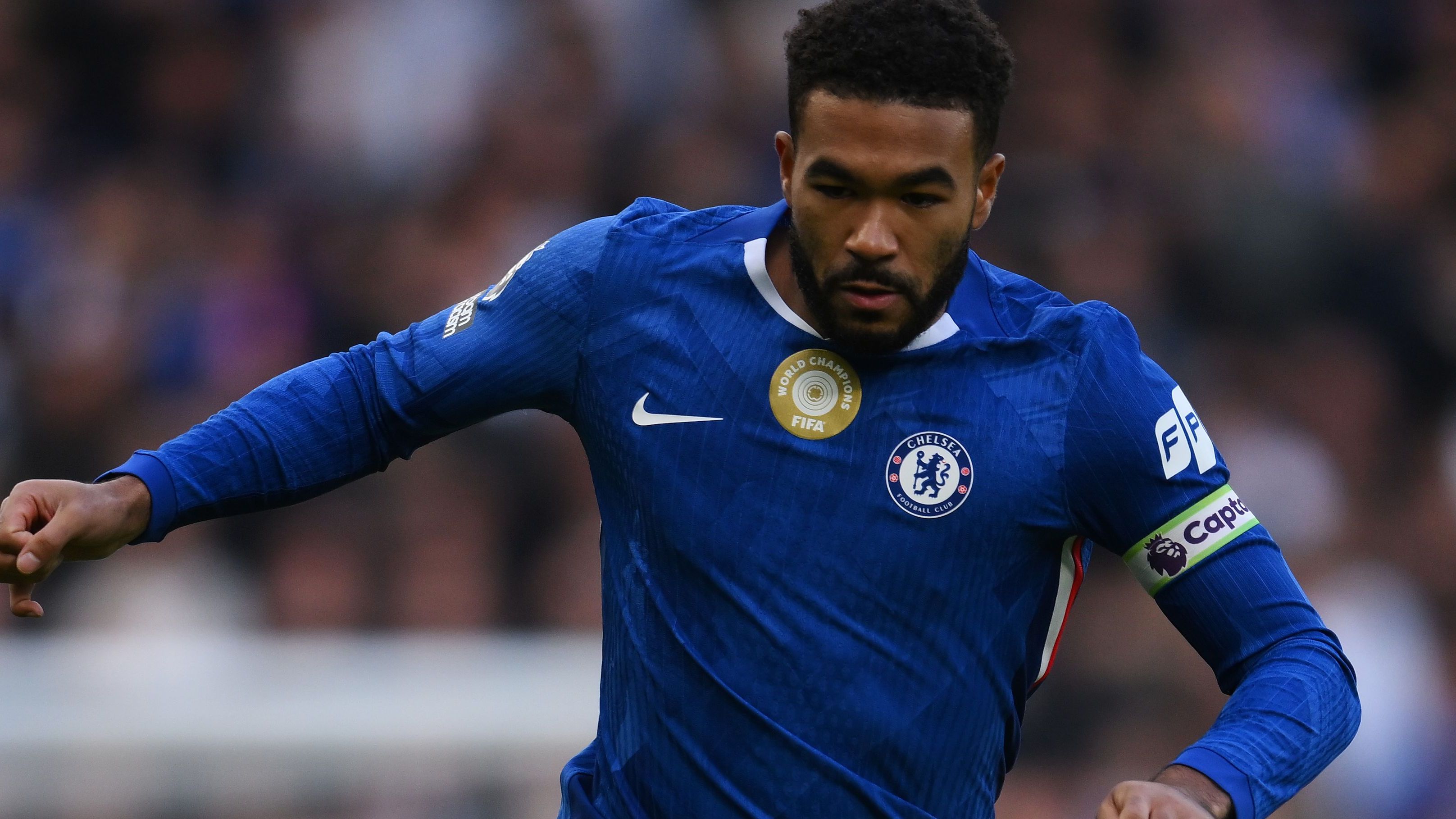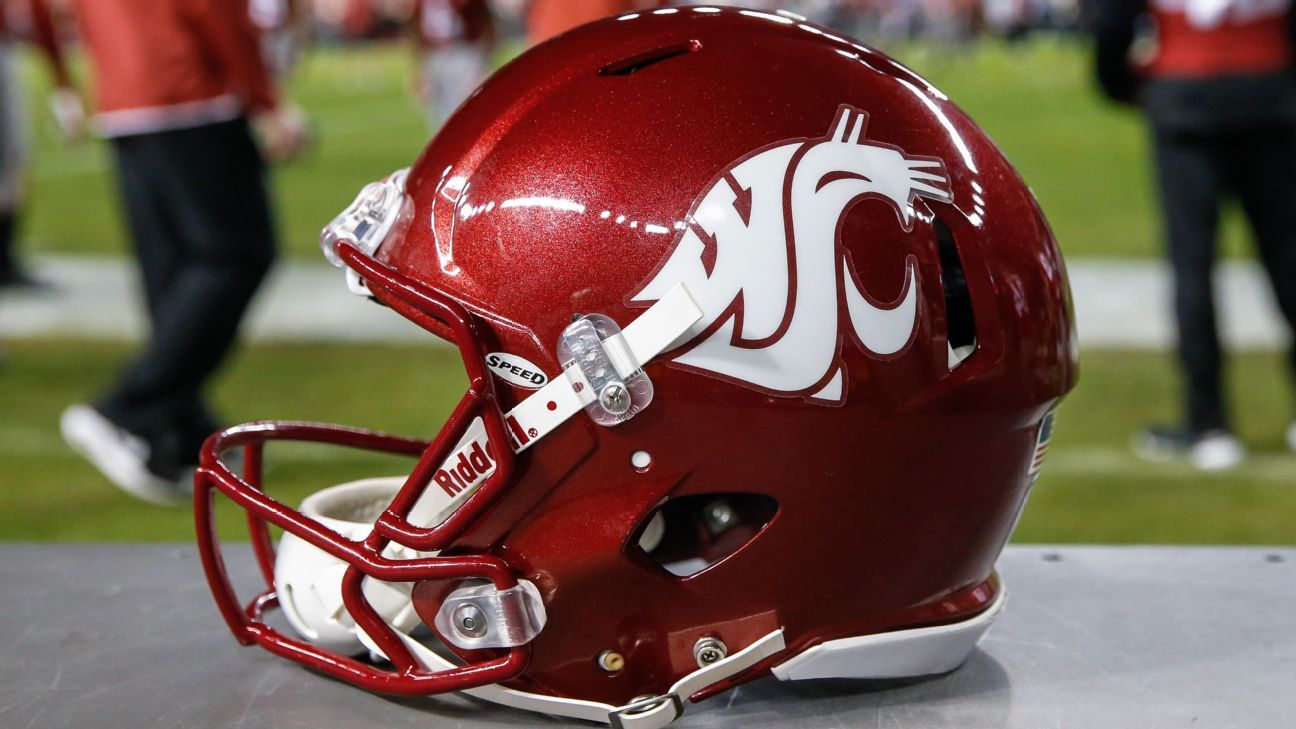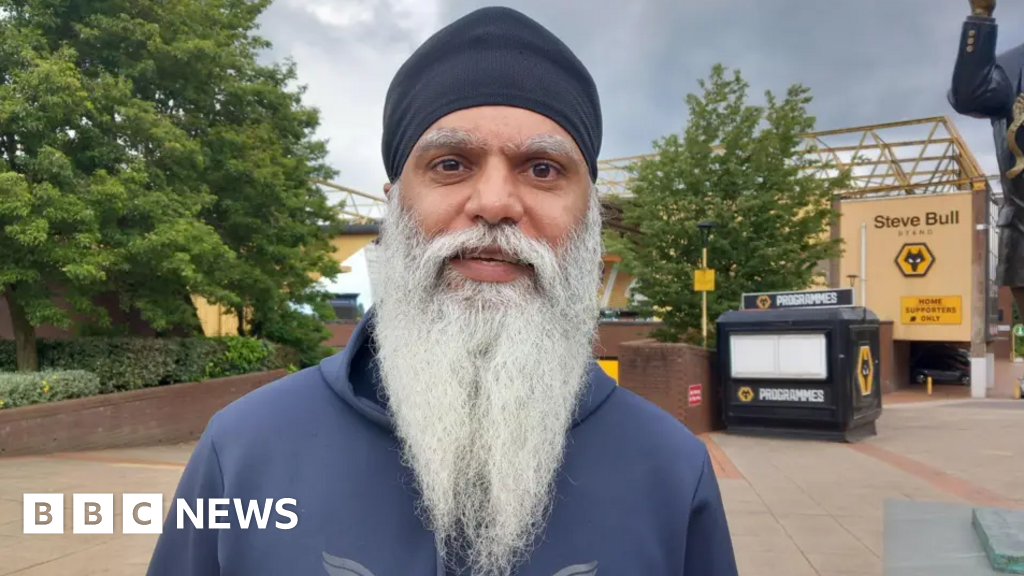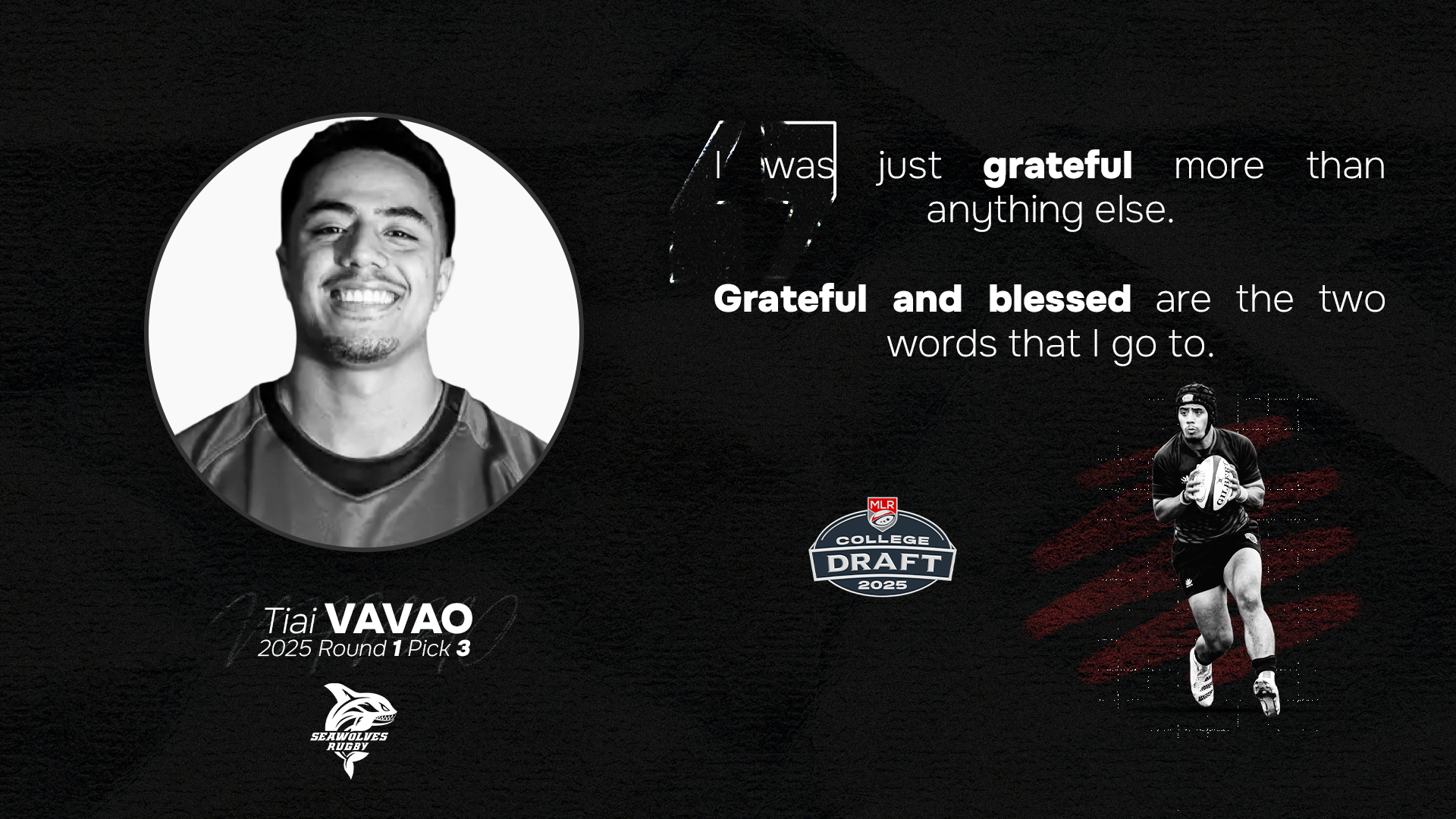Reece James points to key change he wants to see at World Cup after captaining Chelsea to Club World Cup glory in sweltering temperatures in the United States

A recent study by Queen’s University Belfast found that 14 of the 16 stadiums hosting matches in North America could reach or exceed temperatures deemed unsafe for prolonged physical activity. During Chelsea’s pre-tournament training sessions in Philadelphia, the team faced a severe heat warning with temperatures hitting 37°C and humidity levels pushing the perceived temperature closer to 45°C. The club’s Argentine midfielder Enzo Fernandez nearly collapsed during the game against Fluminense. He later revealed that he "felt dizzy" and needed medical attention midway through the game."Thank you for asking that question, because honestly, the heat is incredible," he said. "The other day, I got a bit dizzy during a play and had to go down to the ground. Playing in this kind of temperature is very dangerous. Especially for the spectacle as well, for the people who come to enjoy the game at the stadium, and for those watching at home. The pace of the game isn’t the same; everything slows down a lot. Hopefully next year they change the schedule at least, so that it’s more of a show, and football stays beautiful and exciting."James echoed those concerns and believes the solution lies in rescheduling kick-off times to cooler evening hours, especially for the games staged in southern and central US states."It's super difficult conditions to play in that heat, especially us playing in England - there's not anything like that before," said James. "Later kick-offs when it's not so hot and humid. That would definitely help. For sure, that would definitely help."When asked if FIFA had got in touch with him for any feedback, he replied, "No, I haven't been asked about my thoughts on kick-off times. I'm sure they will have asked someone. Maybe managers or people at the clubs. I'm sure they will have got some feedback."According to The BBC, FIFA is considering late-night kick-offs for matches involving major European nations to mitigate the heat issue. This could mean start times mirroring the Club World Cup’s schedule, with games at 17:00, 20:00, 23:00 and even 02:00 BST. Such timings would help avoid the worst of the afternoon sun in the US while also catering to international TV audiences."You feel the heat the minute you step outside the hotel. The conditions are super hot," James continued. "Once you are out there you adapt the longer you are there, when you are settled in once place and try to limit the things you can. The pitches when we were there weren't the greatest either and made it a little bit harder but hopefully by the time the World Cup comes around hopefully it's better."England have already secured qualification with two games to spare, and preparations are underway for the unique climate challenge that awaits them across the pond. Assistant coach Anthony Barry confirmed that the team will hold a warm-weather training camp in Florida to help players acclimatise to the conditions. Players will also undergo specific fitness conditioning to cope with the intense humidity that can sap energy and concentration.Concerns over player welfare in extreme temperatures are nothing new. The 2022 Qatar World Cup was moved to winter to avoid similar risks, but this time, with matches spread across three countries and multiple time zones, the challenge remains unprecedented. Cooling breaks will be an important tool to counter the heat, but more exhaustive measures are required to ensure player safety.




.jpg)








